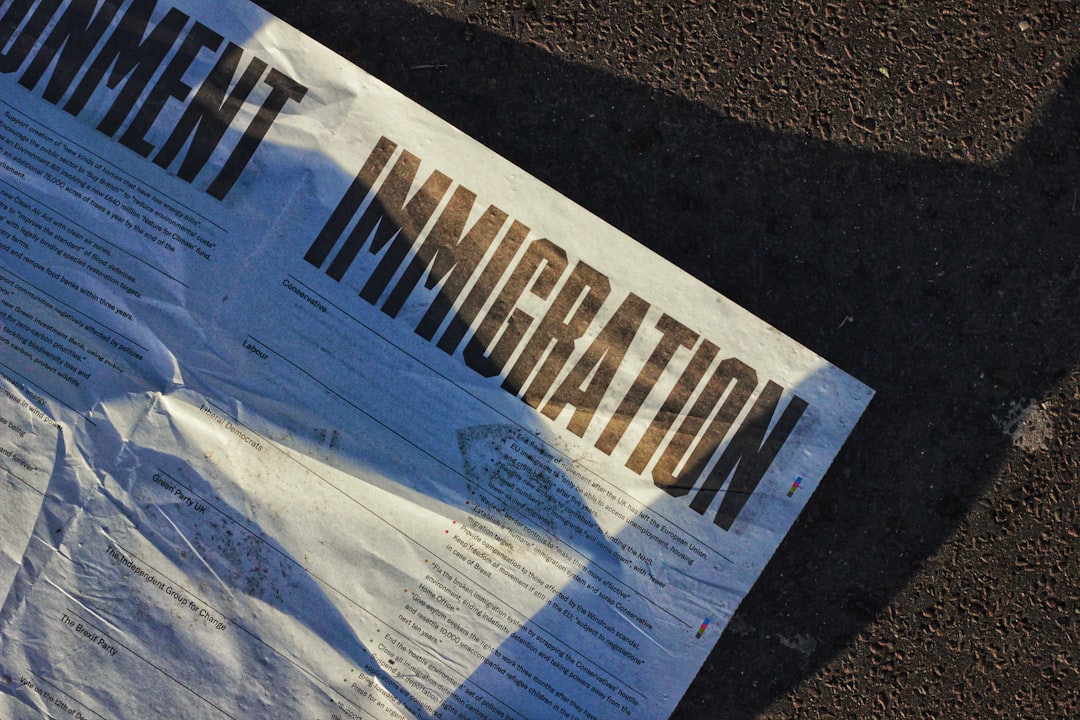What is it about?
This paper studies whether people collectively prefer to have a public good that benefits the less endowed the most, or a competitive scheme where the highly endowed have an advantage over the less endowed, when people's resources are unequally distributed. The data shows that a majority of people prefer the public good option, even though the latter competitive scheme is more efficient. People's collective choices depend on voting rules, however. When each person has an equal voting power (i.e., equal voting rule), the public good option is more likely to be implemented, regardless of the winner's reward in the competitive scheme. However, When the highly endowed have larger voting power (i.e., weighted voting rule), the competitive scheme is more likely to be implemented if the winner's reward is sufficiently high because their votes outweigh the majority's preferences for the public good.
Featured Image
Why is it important?
The novelty of this article is that the researcher provides clear quantitative evidence by letting real human subjects collectively select one of the two options (a public good or competitive scheme) by voting, when their incomes are unequally distributed in an experimental society. It is known that income inequality among people is increasing over time in modern societies, such as the United States and the United Kingdom. It is also known that an increase in inequality could lead to serious conflicts in societies. Thus, how people collectively implement a policy to improve efficiency or mitigate conflicts is becoming more and more important. This article clearly shows that the answer to this issue depends on the voting rule employed – equal or weighted voting rule.
Perspectives
In our societies or organizations, there are other forms of voting rules, such as plurality rule or unanimity, for which the researcher did not cover in the present article. How people collectively implement a policy with the other forms of voting rules would be one interesting area for further research. Moreover, how democratic decision-making systems and people’s policy selections evolve in the long term within societies, where people's resources are becoming unequal as seen in our real world, would be another exciting direction of further research.
Prof. Kenju Kamei
Keio University
Read the Original
This page is a summary of: Promoting Competition or Helping the Less Endowed? Distributional Preferences and Collective Institutional Choices under Intragroup Inequality, Journal of Conflict Resolution, July 2016, SAGE Publications,
DOI: 10.1177/0022002716656446.
You can read the full text:
Contributors
The following have contributed to this page










